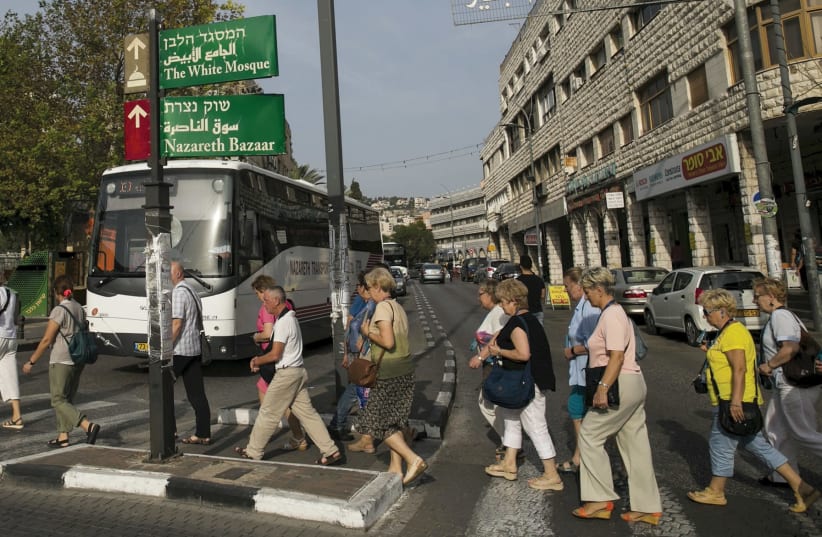The BDS movement: Why has it had some success among American youth?
The BDS movement claims that Israel is an apartheid state, like South Africa before the 1990s. The problem is that the youth don’t seem to be capable of realizing that this is simply not true.
